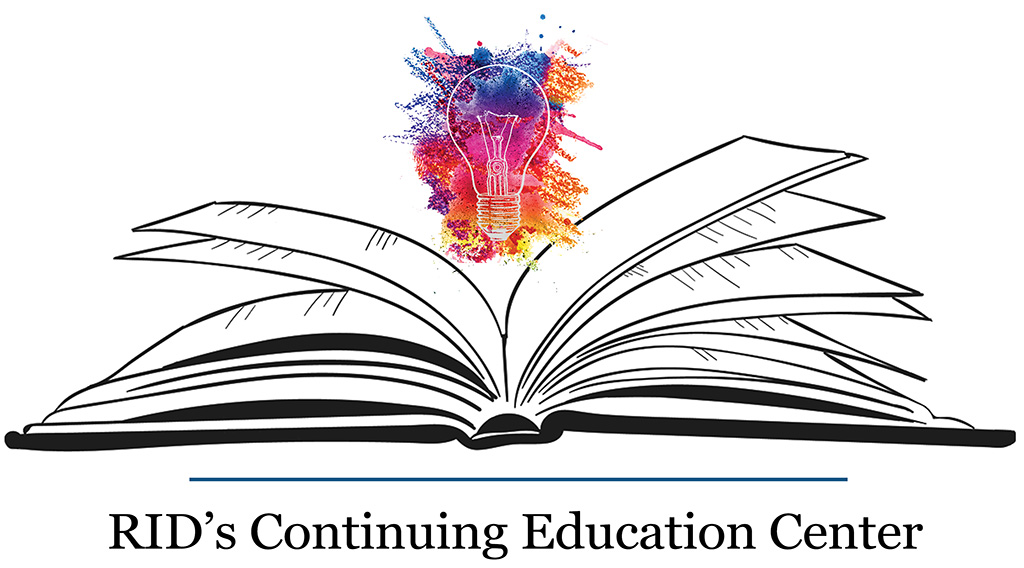
Black ASL: What Does It Mean for Interpretation?
This workshop will review the research on the history and structure of Black ASL and discuss where an awareness of language varieties and dialects fits into the interpretation process. This workshop fits squarely into the area of language and cultural development and into the exploration and expansion of language and cultural repertoires. Following the review of the research and the viewing of the documentary on Black ASL - Signing Black in America - the workshop participants will be divided into groups and asked to discuss questions concerning the relationship between language varieties and interpreting. The groups will then be brought back together to share their findings and participate in a general discussion and Q & A. The workshop will last ninety minutes. The questions and the discussion will deal with what it means for interpreters to use Black ASL and how interpreters know when to use African American English. With Black ASL as the foundation and the starting point, perspectives on the varieties of other languages, both spoken and signed, such as Spanish and French will be welcome. The workshop will be interactive and will engage and elevate the discourse around interpreting for Black Deaf consumers and consumers whose repertoires include varieties of Spanish, French, and other languages. In addition to working interpreters and students of interpreters, it will benefit teachers, counselors, and professionals in the field of interpreting.
This activity has been approved for 0.2 RID Professional Studies CEUs.
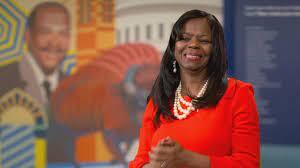
Dr. Carolyn McCaskill
Dr. Carolyn McCaskill
A graduate of the Alabama School for the Deaf in Talladega, Alabama. In 1977, she completed a BA degree in Psychology with a minor in Social Work, and a MA degree in Counseling of the Deaf in 1979 both from Gallaudet (College) University. From 1979-1996, Dr. McCaskill has held several positions as a residence and high school counselor at the Model Secondary School for the Deaf and a counselor at the Houston Community College System. She was also a career counselor at the Gallaudet University and Coordinator of Minority Achievement and Multicultural Program for Pre-college Programs at Gallaudet University. She is currently a Professor in the ASL & Deaf Studies Department at Gallaudet University and has been teaching since 1996. Carolyn has conducted numerous seminars and workshops related to multicultural issues in the Deaf community, and Black Deaf history community, and culture. Dr. McCaskill is a recipient of the Thomas and Julia Mayes Award 2005. She also was selected as a Diversity Fellows in the Provost office in 2006. Dr. McCaskill is a co-author of "The Hidden Treasure of Black ASL" published in 2011. Dr. McCaskill received the Deaf Humanitarian Award from the National Action Network (NAN), one of the nation’s leading civil rights organizations, at the House of Justice Deaf Humanitarian Awards Banquet on February 2, 2013 in New York City. At the awards banquet, Dr. McCaskill also became the first deaf recipient of the Key to Harlem. NAN was founded by civil rights leader Reverend Al Sharpton, who serves as the organization’s president.
In addition, Dr. McCaskill was given citations for excellence and achievement from New York State Senator Bill Perkins, New York State Assemblyman Keith L. T. Wright, and New York City Council Member Inez E. Dickens.
In honor of Black History Month, Dr. McCaskill is included in theGrio’s 100, an annual list of the top 100 influential people in the African American community, compiled by TheGrio.com, a division of NBC News that focuses on stories and perspectives of interest to African Americans. She was named in the Education category for 2013 for a book she co-authored, The Hidden Treasure of Black ASL, which explores the evolution of ASL within the black community.
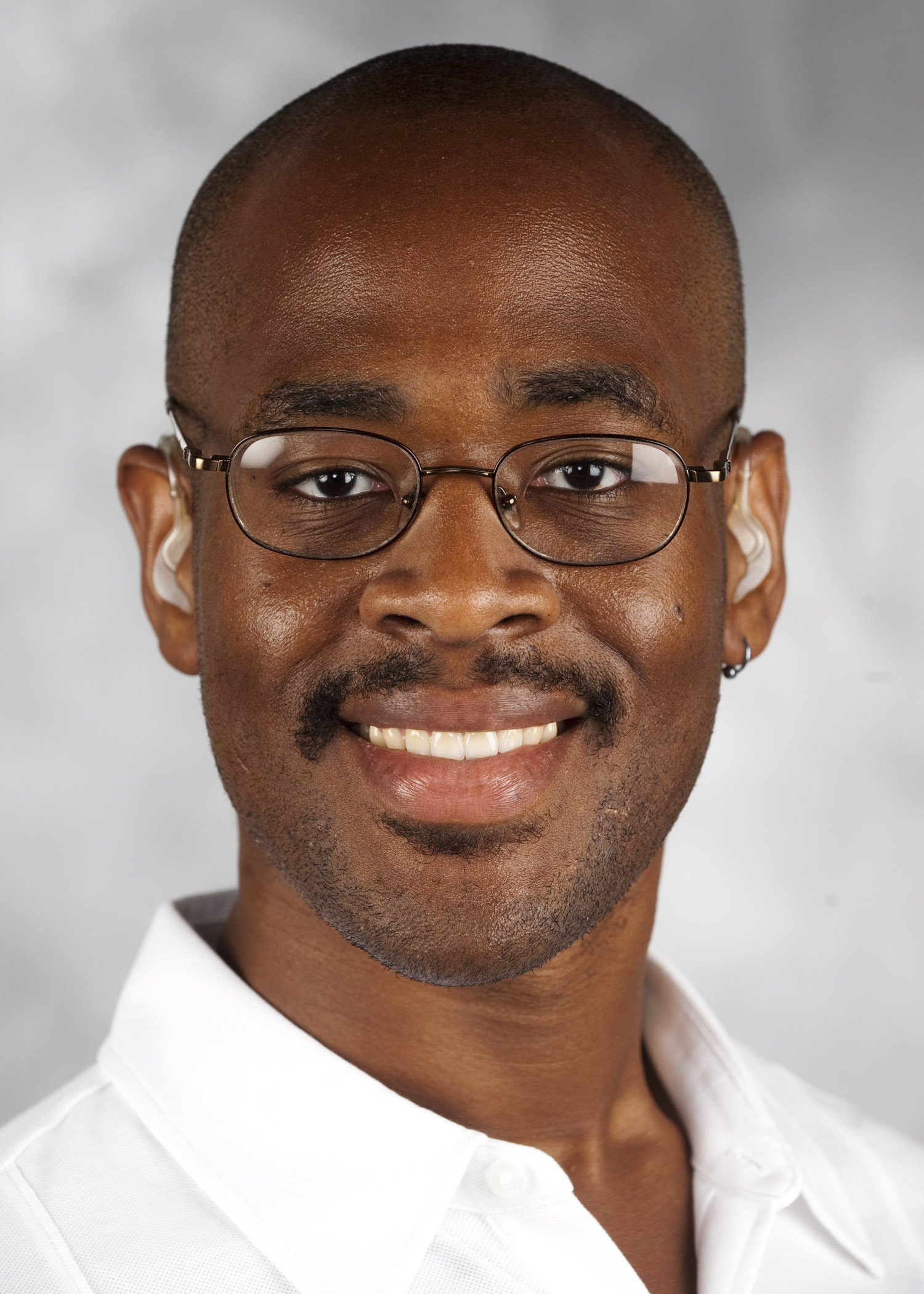
Joseph Hill
Dr. Joseph C. Hill is an Associate Professor in the Department of ASL and Interpreting Education, Associate Director of the Center on Culture and Language, and Assistant Dean for Faculty Recruitment and Retention at Rochester Institute of Technology’s National Technical Institutes for the Deaf. His research interests are the socio-historical and -linguistic aspects of Black American Sign Language and the American Deaf community’s attitudes and ideologies about existing signing varieties. His contributions include The Hidden Treasure of Black ASL: Its History and Structure (2011) which he co-authored with Carolyn McCaskill, Ceil Lucas, and Robert Bayley and Language Attitudes in the American Deaf Community (2012). He is also one of the associate producers for the documentary, Signing Black in America, produced by the Language & Life Project at the North Carolina State University. Link: www.josephchill.com
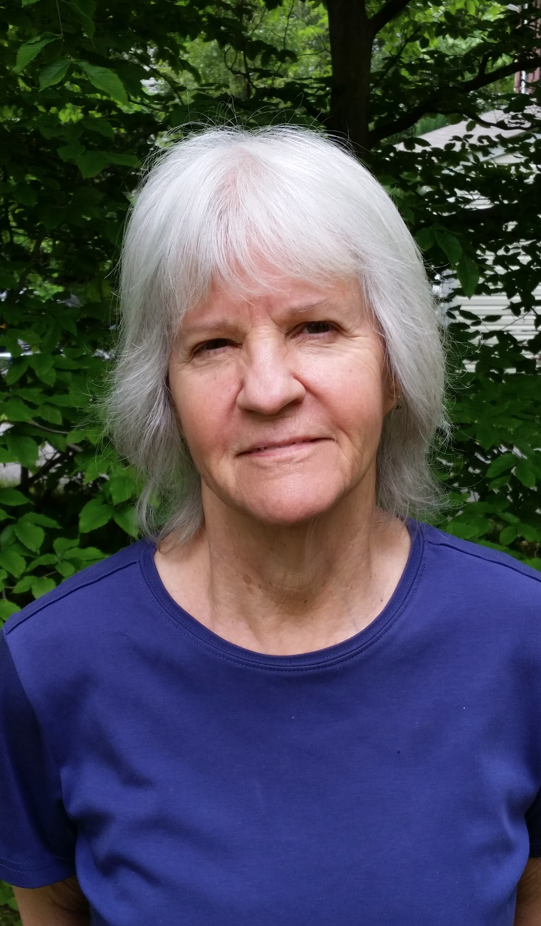
Dr. Ceil Lucas
Dr. Ceil Lucas, Gallaudet University
Ceil Lucas is Professor Emerita of Linguistics at Gallaudet University and editor of the journal Sign Language Studies. She has conducted extensive sociolinguistic research on American Sign Language (ASL) as well as research on African American English. Her books include Sociolinguistic Variation in American Sign Language (with Robert Bayley and Clayton Valli), The Linguistics of American Sign Language, 5th edition (with Clayton Valli, Kristen Mulrooney, and Miako Villanueva), and The Hidden Treasure of Black ASL: Its History and Structure (with Carolyn McCaskill, Robert Bayley, and Joseph Hill). She is an associate producer for the documentary Signing Black in America, with Carolyn McCaskill and Joseph Hill ( produced by the Language & Life Project, North Carolina State University ).
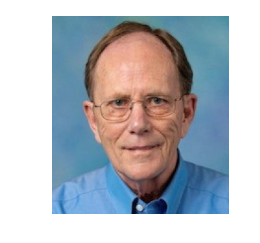
Dr. Robert Bayley
Robert Bayley is Professor Emeritus of Linguistics at UC Davis and an associate member of the Centre for Research on Language Contact at York University in Toronto. His research focuses on language variation and language socialization, especially in bilingual and second language populations. Professor Bayley is the author of more than 150 publications, including 16 co- authored and co-edited volumes and articles in major journals such as American Speech, Asia-Pacific Language Variation, Language, Language Variation and Change, and Studies in Second Language Acquisition. Currently he is conducting research on the acquisition of sociolinguistic competence by second language learners and, with Kristen Kennedy Terry, working on a book on social network analysis for second language acquisition research.
